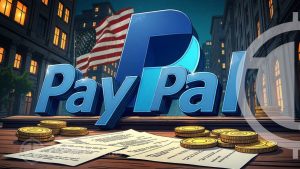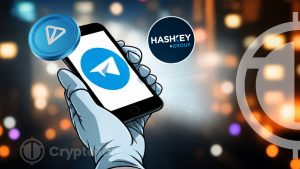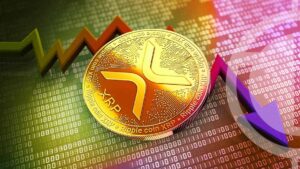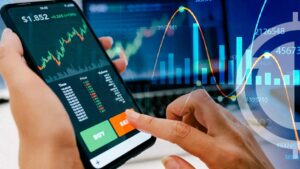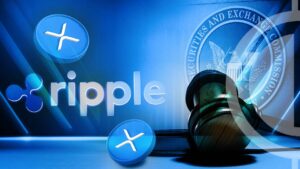
Notable cryptocurrency commentator and attorney Bill Morgan recently tweeted a lengthy thread examining Ripple‘s commercial relationships with clients of On-Demand Liquidity (ODL), Ripple’s liquidity management solution. Morgan’s thread centers on the question of whether these sales can be considered investment contracts, a topic that he notes have not received significant attention.
Discussing the circumstances against the backdrop of the ongoing Ripple vs. SEC case, Morgan tweeted
The issue of #Ripple sales to #ODL customers and how they can be investment contracts continues to intrigue me but does not seem to interest many others and is little discussed. The preference seems to be to distinguish early and later sales rather than types of sales /1
— bill morgan (@Belisarius2020) June 29, 2023
Morgan proposes that Ripple’s XRP sales to ODL customers cannot be considered investment contracts due to the absence of investment intent or expected profits from these customers. He emphasizes that ODL customers typically hold XRP for a very short time, using it more like a consumable rather than an investment. The U.S. Securities and Exchange Commission (SEC) appears to agree with this assertion, as it does not dispute that ODL transactions can occur within a mere three seconds – a duration not indicative of a typical investment.
The thread goes on to detail that before May 2020, ODL customers were not required to purchase XRP directly from Ripple. However, since that time, all XRP sold by Ripple has been to ODL customers, suggesting a significant shift in Ripple’s sales strategy. This change means that ODL customers are now using XRP at a significant volume and are acquiring it directly from Ripple instead of from exchanges.
Morgan reveals that Ripple has entered agreements with ODL customers whereby the customer contractually agrees not to buy XRP for investment purposes or with the expectation of profit. Furthermore, the ODL customer agrees to use the XRP solely for completing a payment transaction over ODL, reinforcing Morgan’s argument that these customers are not investors.
Morgan differentiates these ODL sales from Ripple’s programmatic sales of XRP, which were sold through market makers and exchanges via blind bid/ask transactions. These sales were paused in the last quarter of 2019, shortly after the SEC indicated that it might view sales of XRP as securities transactions.
Morgan concludes by suggesting that the SEC would have been in a stronger position if it had limited its complaint to programmatic sales rather than including different types of sales, such as those to ODL customers, in a single, undifferentiated offering claim. He also notes that Ripple’s actions, including the pausing of programmatic sales and the shift to direct sales to ODL customers, reflect a recognition of the potentially higher risk associated with programmatic sales from a securities viewpoint.



